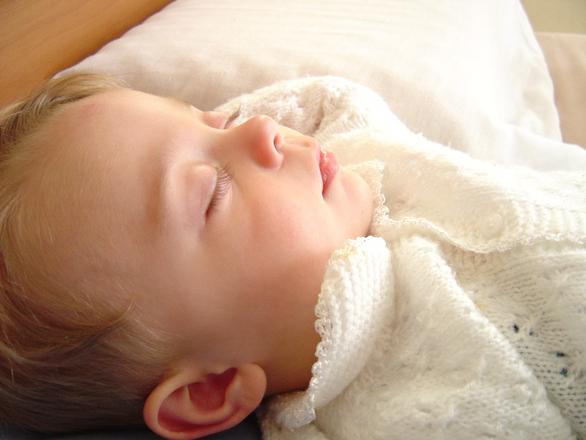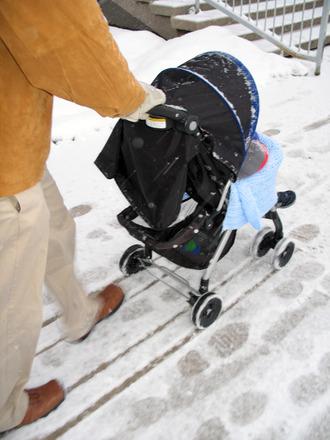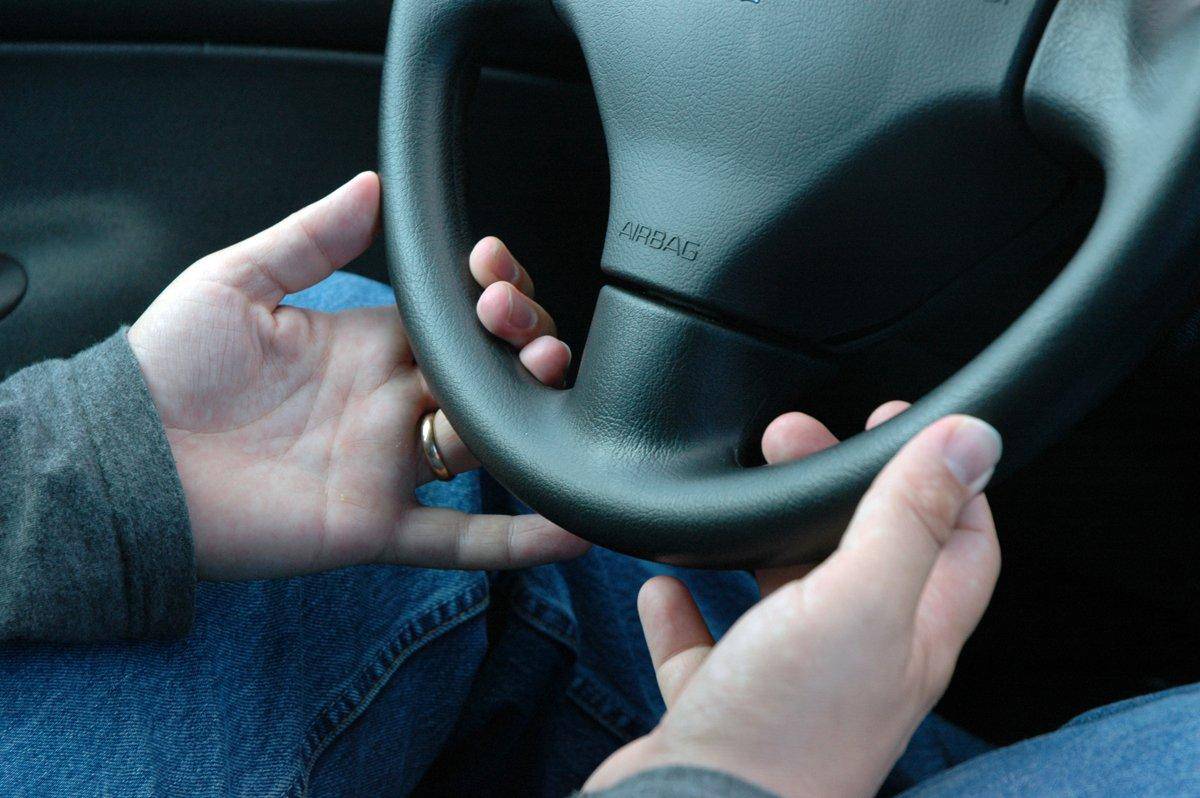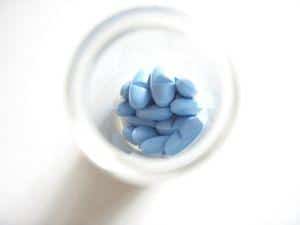Airbags in cars have saved lives and lessened the severity of injuries in car accidents. However, the U.S. Department of Transportation’s National Highway Traffic Safety Administration (NHTSA) has issued a warning about counterfeit airbags. NHTSA says the counterfeit airbags are being used as replacements for the proper product. So far they are not aware of any injuries or deaths relating to these fakes, but it is still dangerous to have them out there with the potential for injury or death. These fake airbags look nearly identical to the real ones, including the insignia and branding of major automakers, but NHTSA tested one and it showed consistent malfunctioning ranging from non-deployment of the airbag to the expulsion of metal shrapnel during deployment. The fact that there have been no injuries, with these factors, may amount more to luck than to anything else.
NHTSA has identified certain makes and models of cars for which counterfeit airbags may be available (see a list at the bottom of this article). However, NHTSA says that only 0.1 percent of the cars in the U.S. may be affected. You may be affected if you have had the airbag replaced in your car within the last three years and it was not replaced by a new car dealership. If you have had your airbag replaced, or if you have bought a new airbag online, it is recommended that you contact the call center for your car’s manufacturer. You can get further information about call centers here.
 Georgia Personal Injury Lawyer Blog
Georgia Personal Injury Lawyer Blog








